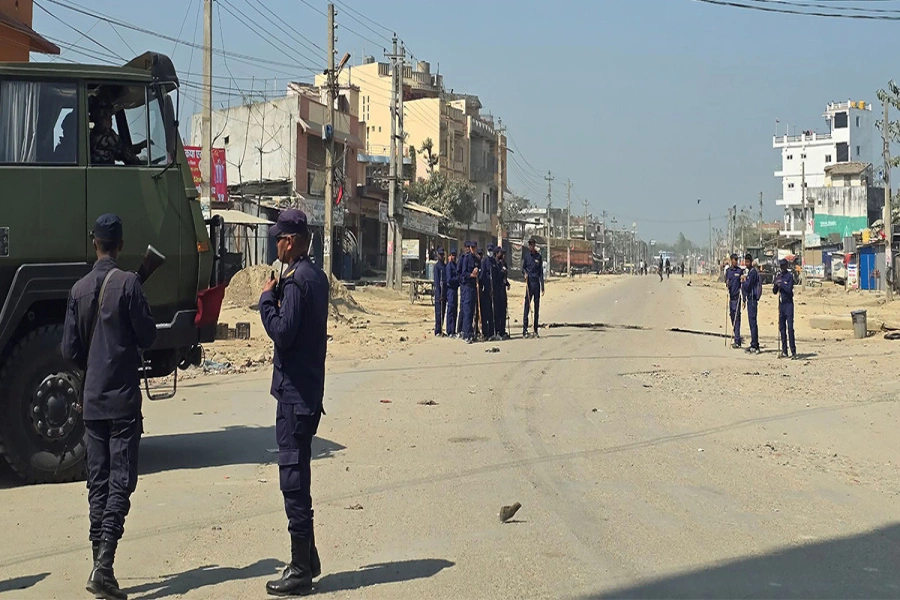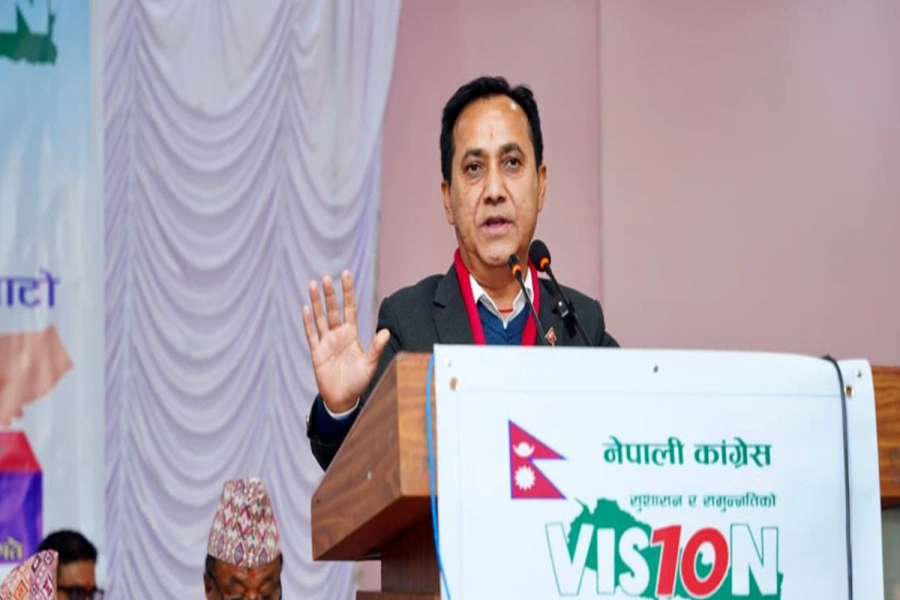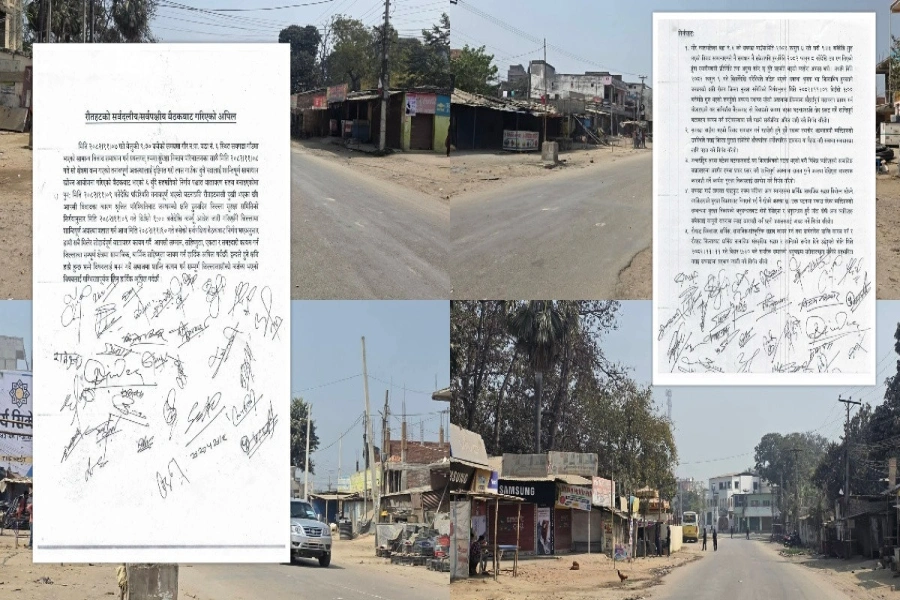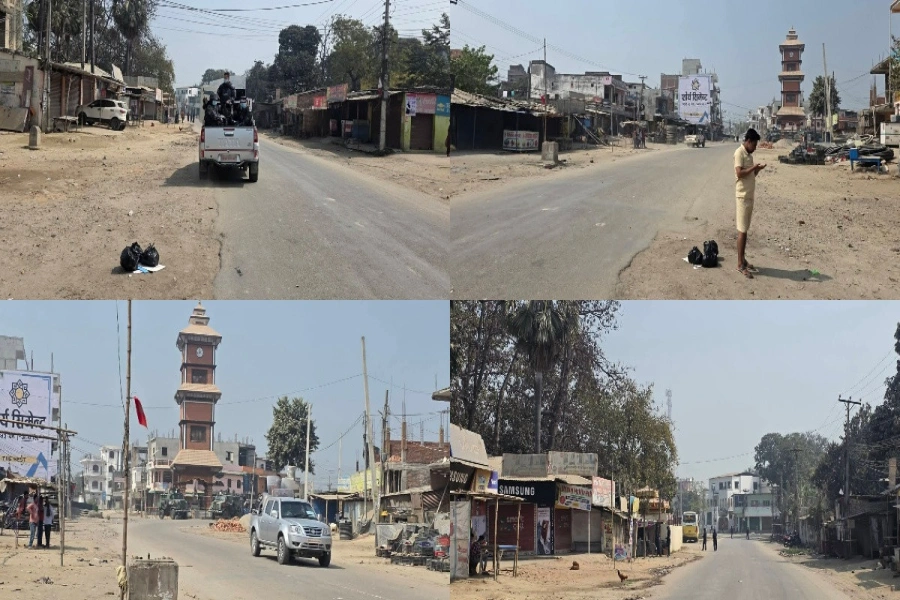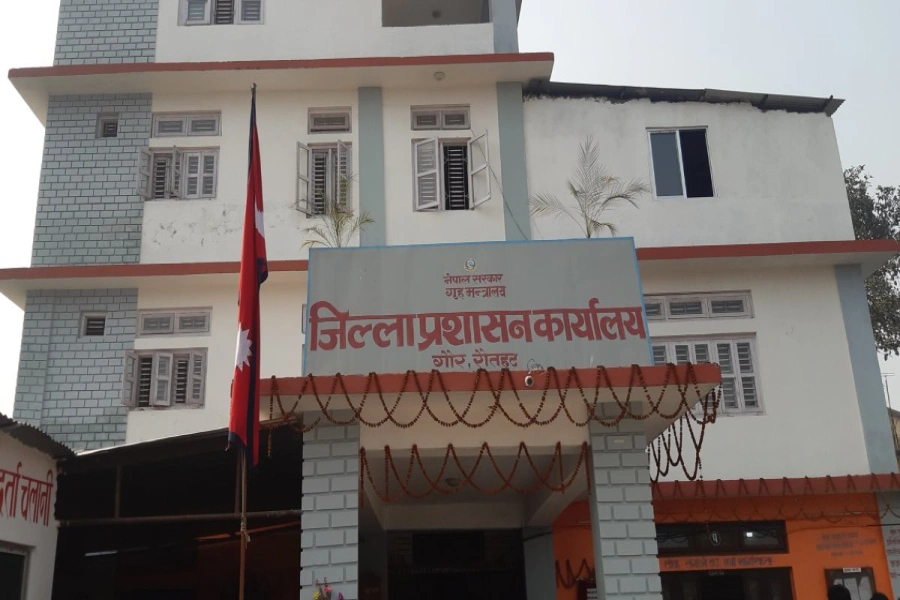On Friday, farmers in Chitwan took to the streets to protest the inadequate prices for their vegetable produce. It was a heartbreaking sight to see a group of farmers dumping several tons of their vegetable produce including tomatoes and cabbages as they were unable to receive even the cost of production. The farmers blamed the import of vegetables from India and the involvement of middlemen for the low prices. The placards they carried expressed their fears of an uncertain future in farming, as many of them in old age cannot go abroad for work. This incident not only sheds light on the need to ensure fair prices for farmers but also highlights the deeper problem in the supply chain.
Agriculture is the backbone of Nepal's economy, with farmers being its foundation. Yet, they often face marginalization and receive a fraction of the actual price for their produce. This leads to a struggle to make ends meet and the forced sale of crops at a loss. The root cause of this problem lies in the unequal distribution of power and resources in the supply chain. Many farmers are dependent on intermediaries for transportation and sales, making them vulnerable to exploitation. The lack of transportation and storage facilities in rural areas, combined with a lack of information about market prices, exacerbates the issue. The government also lacks sufficient mechanisms to ensure fair prices for farmers as it has not introduced a price support system for vegetables.
What is missing in budget for agriculture?

The situation in Chitwan demands immediate action and a long-term plan from the government. The government must implement price support systems and regulate intermediaries to prevent exploitation. Additionally, they must invest in infrastructure and technology to improve farmer productivity and competitiveness. The private sector can also be encouraged to develop storage facilities by providing incentives. A simple rule of economics is that overproduction and surplus supply means lower prices of agricultural products. This can lead to a drop in prices, putting additional pressure on farmers who are already struggling to make ends meet. Development of storage facilities, where farmers can keep their produce safe for some time, can greatly help to address this price issue.
The government has taken a number of initiatives including the Prime Minister Agriculture Modernization Project and subsidies for farmers to increase competitiveness. But their effectiveness is in serious question as Indian vegetable produce are still cheaper. This calls for a thorough evaluation of the government measures and introduction to new measures to improve their effectiveness. Needless to say, consumers also have a role to play by supporting local farmers through purchasing locally grown products. By choosing to buy locally grown and produced products, they can help create a more equitable and sustainable food system.
The Chitwan incident serves as a wake-up call for all stakeholders concerned to take immediate action to ensure fair prices for farmers.This is not only a moral obligation but also a matter of economic and social justice. The government must take the lead in this regard and implement policies and programs that will empower farmers and help them thrive. Consumers also have a role to play and must be conscious of the choices they make in their daily lives. By working together, we can create a brighter future for farmers in Chitwan and beyond.


_20230203180255.jpg)




